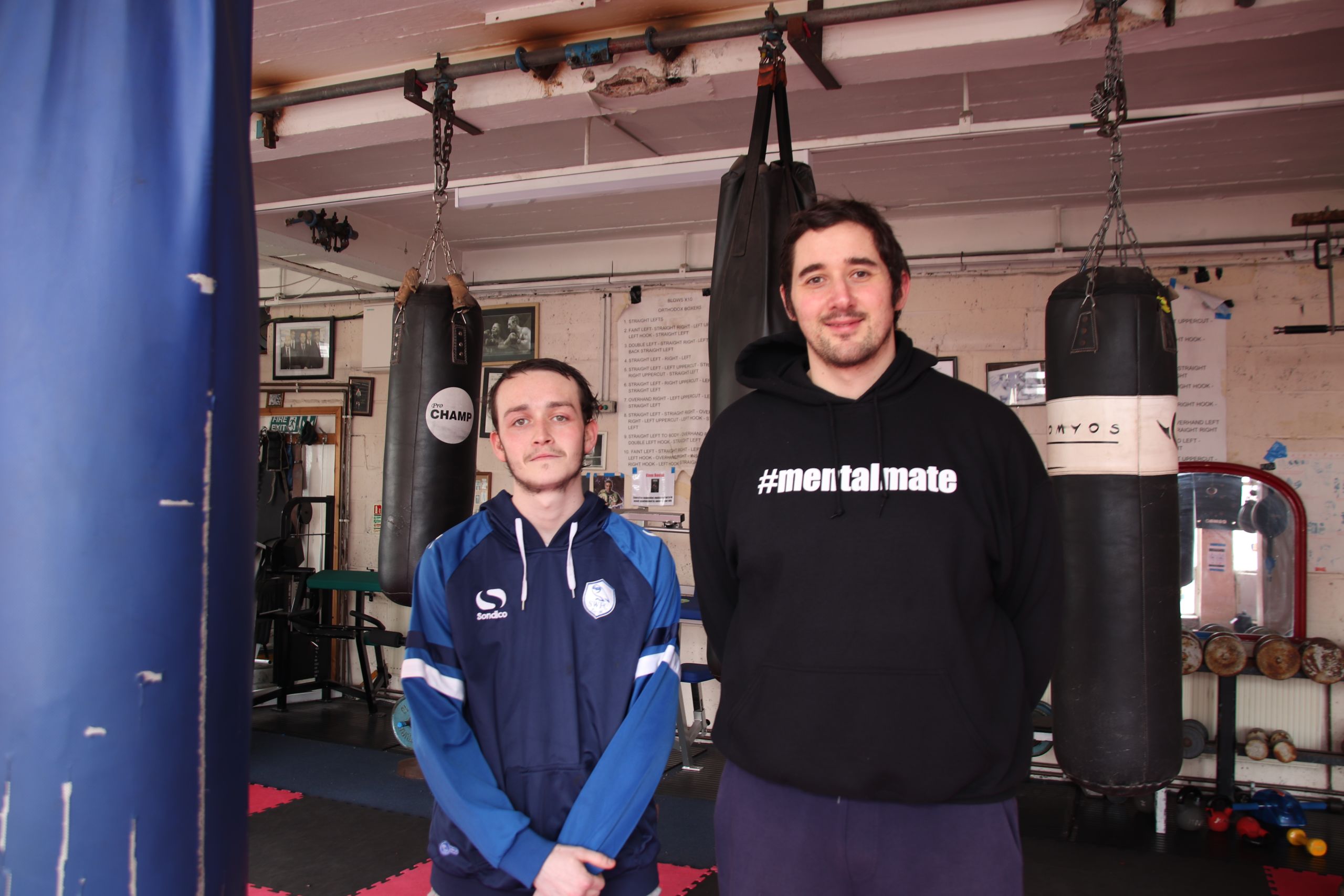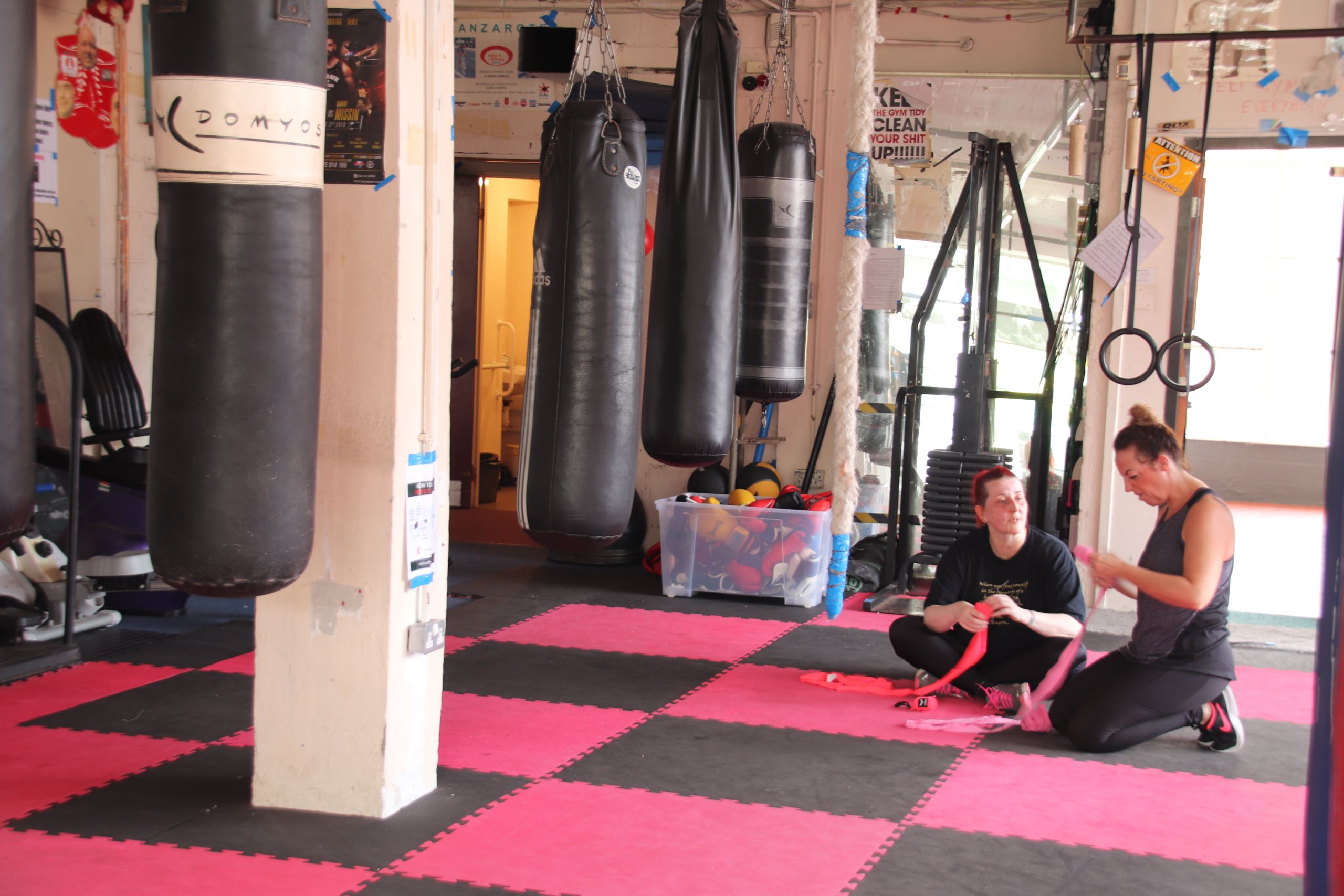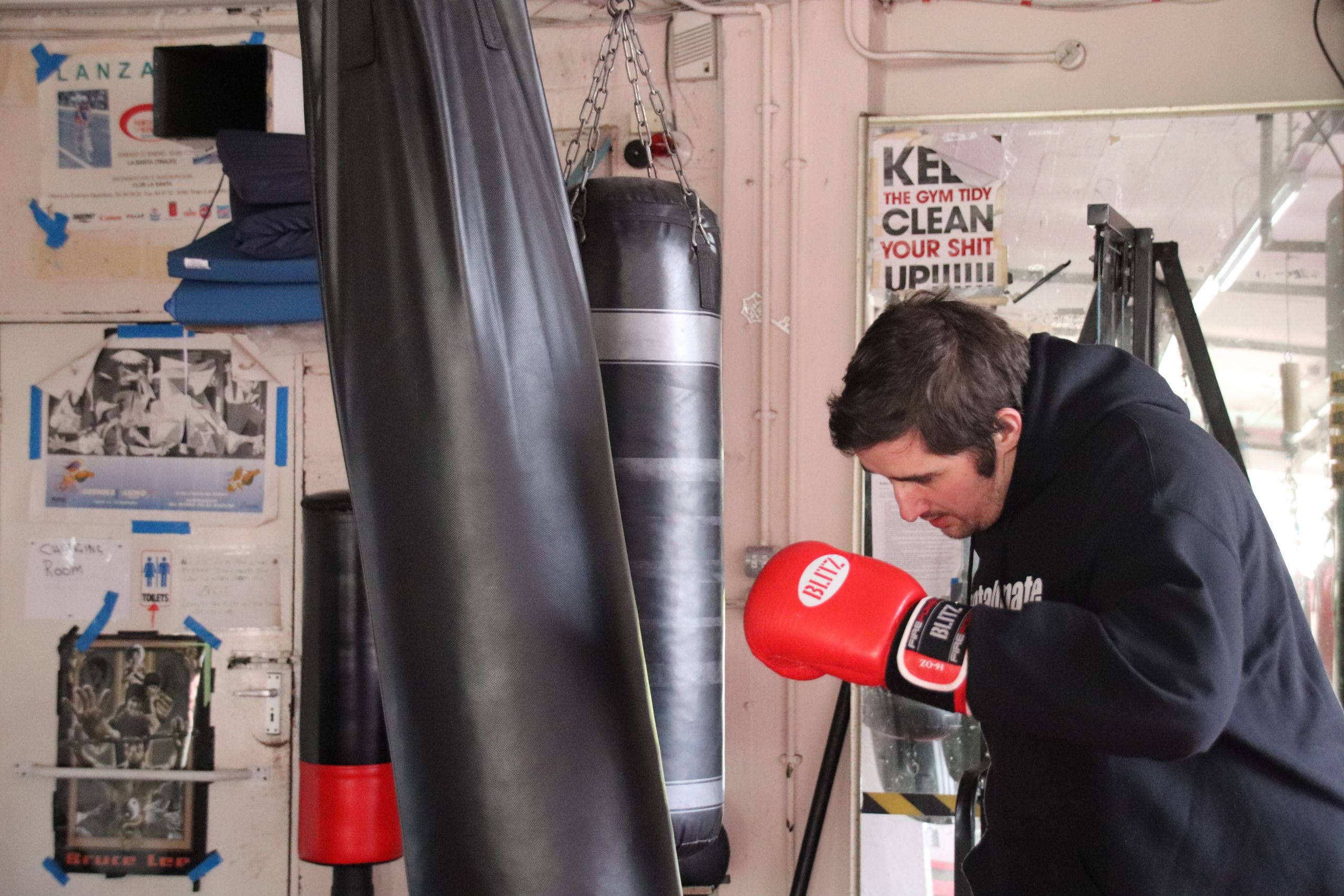Fighting for mental health
Sheffield boxing group aims to provide support to those struggling with their well-being
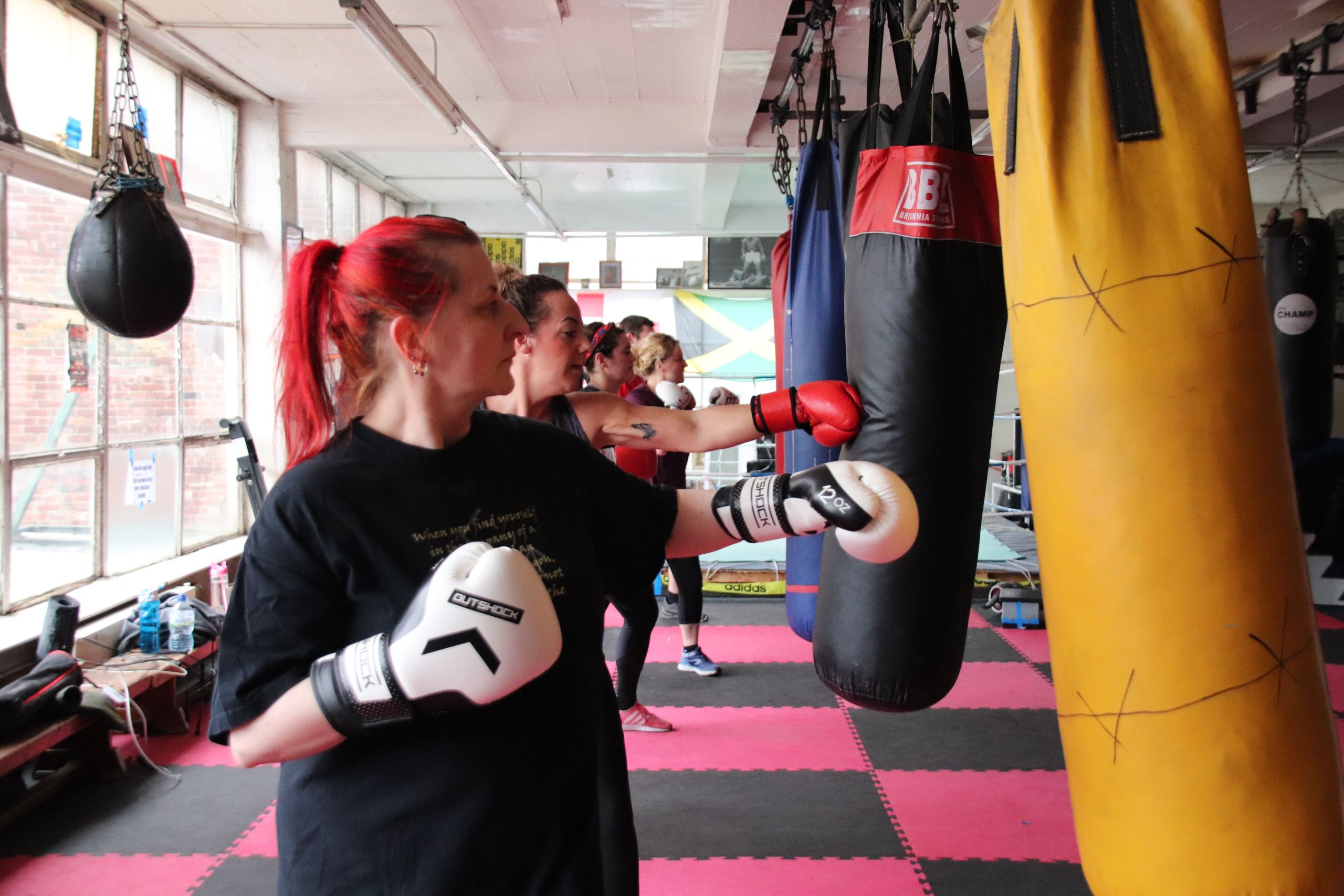
An endless string of chatter and laughter rings out over the music at Knox Boxing Gym. On Sunday mornings, the conversation is more important than the boxing. Strangers dart between punching bags to meet new people, compliment each other on their form, and vent about their weeks.
Mental Mate is, at its essence, a boxing class, during and after which participants are encouraged to discuss their mental health; their worries, anxieties and problems.
Daniel Barton, 33, decided to start the classes alongside four others after volunteering with the Samaritans. He realised he could use his positive experience of boxing for his own mental health to help others in the community.
He said: “It really relieves a bit of stress, a bit of anger or anxiety.”
“I find it really helps me and a lot of people who have come to the sessions have said that they felt really great and they’re really glad they came.”
"There’s a huge burden on the community to try and support and carry the people that the NHS doesn’t have the capacity to support and carry anymore"
According to the 2014 Survey of Mental Health and Wellbeing, 1 in 6 people in England now report having experienced symptoms of mental illness. The amount of people reporting mental health issues has risen exponentially since the 1990s.
These increased issues bring a higher volume of need for treatment that can’t always be met by statutory services. Improving Access to Psychological Therapies (IAPT) is the NHS's programme for talking-based treatments.
A 2020 House of Commons report found that people in some areas of the UK waited over 110 days between their first and second IAPT appointment.
Daniel discussed how the problems with statutory support contributed to his enthusiasm to start Mental Mate.
He said: “From personal use, going to the doctor, you’re talking 2-6 months minimum to see a counsellor on the IAPT waiting list.”
“That’s another thing that spurred me on to do it. You could be on that waiting list for a year. I thought, well, ‘what can I do in the meantime then because there’s nobody to talk to’.”
“Obviously we’re not trained psychologists or GPs but we’ve got our own personal experiences. We can talk them through and then if they need signposting on to further in depth stuff we’ll signpost them to Samaritans or Mind.”
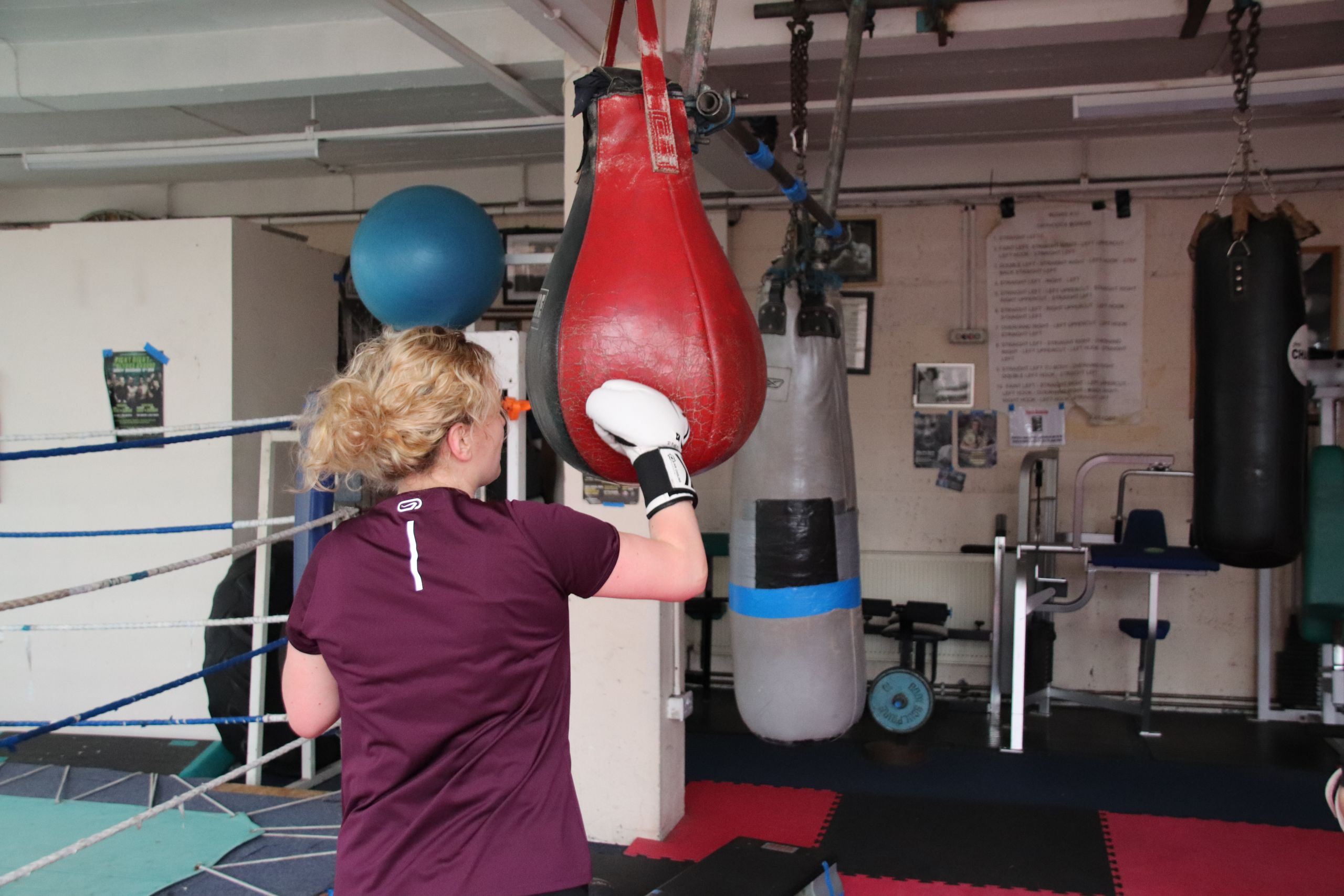
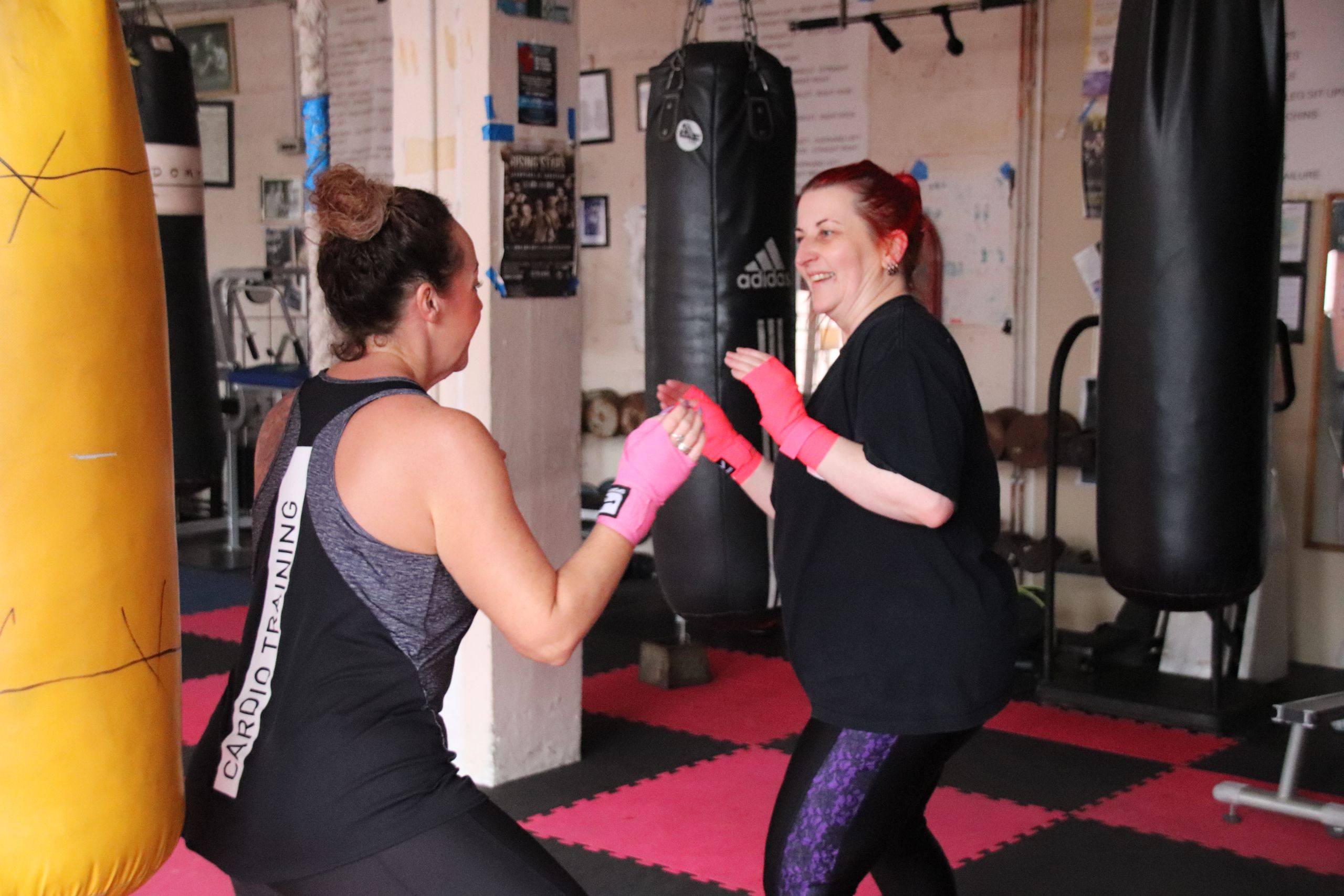
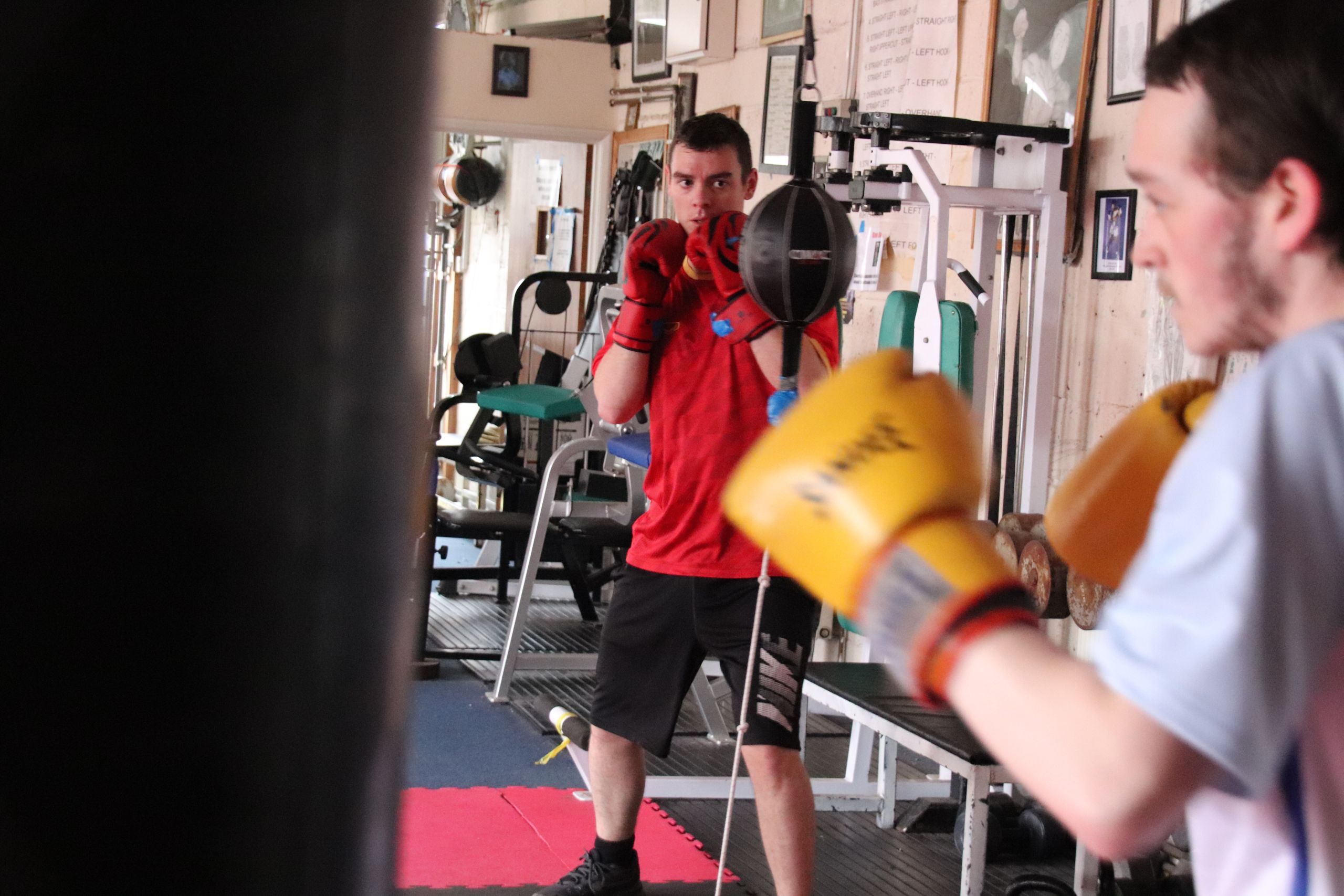
Mental Mate had its first session on March 1 and continues to run strongly on the word of mouth of its attendees. Many of them are strangers, but they are getting to grips with each other as they work out their tensions on bags beside one another.
Mackenzie Clarke, 22, has been attending the sessions since their inception. He said: “It’s already starting to help me a lot. I’m not worrying about my thoughts as much.
“I know there’s a lot of people here I can talk to if I’m struggling.”
Mackenzie highlighted how clear Daniel and others have been about always being there to talk, whether in person at the sessions, or online during the week. The participants linger after the class, talking amicably about the week to come.
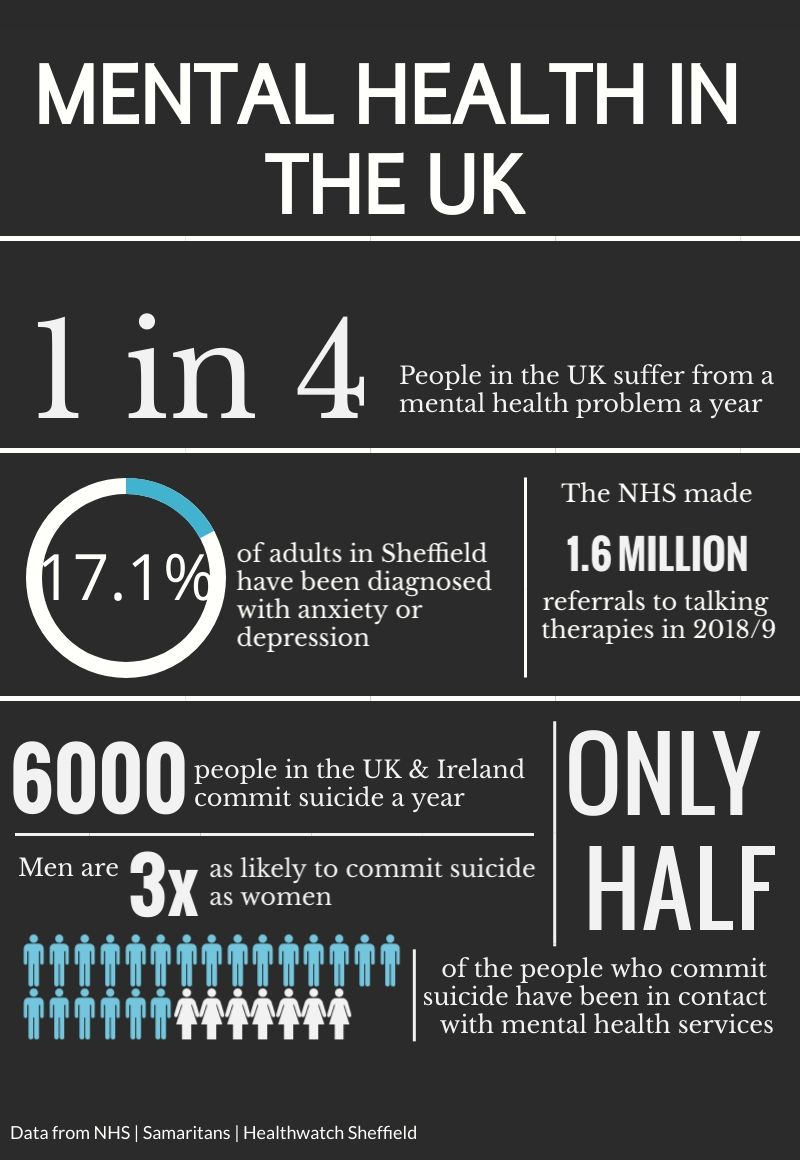
Daniel explained how they only charge £3 per session, in an attempt to keep them as accessible as possible. Once they have recovered the cost of renting the gym, they put any extra money aside to be used for running extra sessions. Daniel hopes that eventually they will be able to make enough of a profit to donate the surplus to mental health charities in Sheffield.
He has meetings coming up with a view of expanding the activities of Mental Mate to make them more inclusive, recognising that boxing isn’t for everyone.
Among the groups Daniel has spoken to are the Sheffield Wednesday Community Programme and Sheffield Football Association, with the hope they may be able to start a football-based mental health group.
There's nothing quite like coming into the office on a Monday morning and seeing how many wonderful mental health friendly activities have happened over the weekend. @MateMental you're doing a great job! https://t.co/9lEFvLEEM9
— Sheffield MH Guide (@SheffMHG) March 2, 2020
The perceived poverty of access to statutory mental health services has led to initiatives supporting community mental health groups in Sheffield. Sheffield Flourish are a charity that provide explicit support to ordinary people like Daniel who want to start mental health groups for members of their community. The hope is that the low-level support community mental health groups provide will close the gap between statutory services.
Jo Eckersley, Deputy Managing Director at Flourish, said: “It’s pretty clear that austerity and all of the other problems we see in the world have an impact on people’s mental health and there are so many cuts to services.”
“The value of these groups is really fundamental. Not just because they can end up supporting where NHS services don’t have the capacity to do anymore, but also just because they can give people a sense of community that’s been lost.”
“These community groups can help give people meaning in their lives and I think that is something that a lot of people miss and lack.”
Sheffield Flourish run The Sheffield Mental Health Guide, a website commissioned by the City Council to point people of the city to different options for support. They currently list 300 services, many of which are similar to Mental Mate.
The attendees of Mental Mate have learned the value of the community support Flourish promotes. Fran Griffiths, 38, attendee, said: "It's just being around people, that's the most important thing.
"Just to know that there's somebody there."
